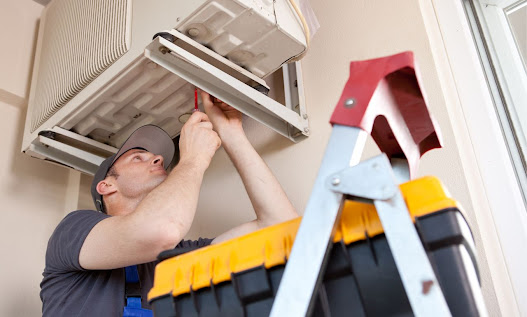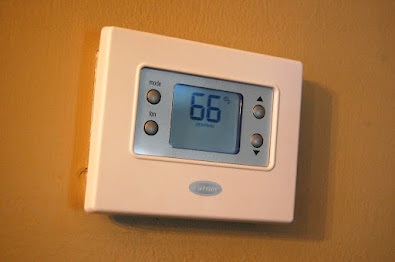How to Stop Musty Smell from Air Conditioner in Winter
If your AC isn't keeping up during the winter, there's probably a good chance you're experiencing a musty smell from mold. This can be a frustrating problem in the winter when the AC unit is put in standby mode to save energy. The musty smell that often comes from the unit can make it hard to sleep through the night. You can do several things to get rid of this smell, including cleaning out the filters and changing the air filter.
4 Easy Ways to Fix a Musty Smell from Air Conditioner
A musty smell is usually caused by a build-up of dirt, dust and other debris on the cooling coils. Cleaning the coils can help to reduce or eliminate the musty smell. In the winter, the air conditioner can create a musty smell. Here are 4 tips on how to fix it:
You've just finished air-drying some buds; they smell great! You pull off a piece and pop it in your mouth — BAM! Now it smells like wet dog shit. What happened? Well, if you have a humidifier running in your house and haven't changed the filter since winter, then yes, you may have got yourself a case of mold! Mold can be caused by many things, but here are 4 ways to prevent it from happening again.
#1 – Change the Filter
Air conditioners use hot and cold refrigerants to ensure good airflow throughout the home. As a result, you need to change out the filters at least once per year, depending on how often you run the unit. If you don't follow these steps, you could easily end up with mold in your AC. Here's what you should do:
Remove the AC unit from its location. Remove the power cord first and turn the switch back on.
There should be a filter cover underneath the AC unit - open this up and remove the old filter (if any). Check the fan blades for debris before replacing the filter. Replace the filter by following the manufacturer's instructions. Once everything is back together, ensure the power cords are connected properly. Turn the AC unit back on and test it to make sure it works well.
If you're using an electric fan, you'll want to replace the blower motor every 5 years. However, if your fan does not have a separate motor, you'll only need to change the impeller filter yearly.
#2 – Clean Out Your Humidifier
Humidifiers work the same way as air conditioners, except that instead of blowing cold air over you and your belongings, they blow warm air across a pad filled with water. These pads get really messy and can cause a lot of problems if not cleaned regularly. To clean them, take a bucket, fill it halfway with bleach, and place the pad inside. Allow the pad to sit overnight, then rinse it thoroughly with fresh water. Repeat this step until no trace of bleach remains. Be careful not to leave the bleach sitting around for long, or you might start smelling like a rotten fish.
#3 – Keep the Heat Down
To avoid mold issues while using your AC/humidifier, try keeping the temperature down on your unit. Lowering the thermostat will help keep humidity levels low, thus preventing the formation of mold.
#4 – Use Fresh Air
In addition to making sure that you maintain regular maintenance on your AC/humidifiers, you can also improve filtering efficiency by ensuring you use fresh air whenever possible. Instead of using filtered air, stick with room freshener or incense sticks to fill your space with pleasant scents. This helps to clear away odors in the unit and decreases the chances of mold developing.
Conclusions
In conclusion, here are some tips to help stop musty smells from coming from your air conditioner in the winter:
-Open windows and use fans to move air around the room.
-Change the air filter.
-Clean the condenser coils.
-Check the seals around windows and doors.





Comments
Post a Comment